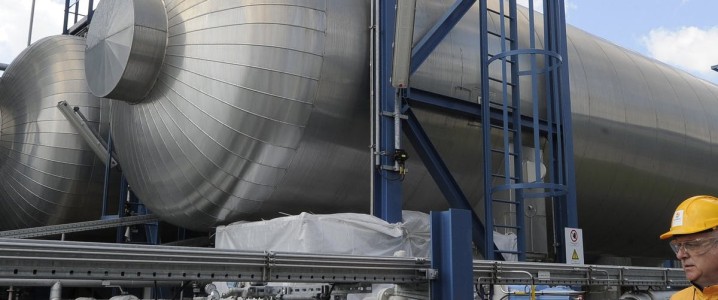The U.S. Environmental Protection Agency (EPA) has formally granted Louisiana state primacy in the permitting and regulation of carbon capture projects, in a setback for environmentalists who claim these projects are an excuse to approve more operations that emit more greenhouse gases.

In most other U.S. states, EPA has the permitting authority for carbon capture wells and projects.
Louisiana has requested with the Biden Administration to be granted primary responsibility for the permitting, compliance, and enforcement of the so-called Class VI, or carbon sequestration, wells under the Underground Injection Control Program (UIC).
After considering input from public hearings and an extensive review of over 45,000 comments received, EPA determined that the State of Louisiana’s Class VI UIC program meets all requirements for approval, and the state will implement and enforce a Class VI UIC program consistent with the Safe Drinking Water Act.
Proponents of Louisiana permitting and managing carbon capture and storage (CCS) projects say that EPA’s decision would speed up carbon removal and emissions reductions. Opponents, including environmental organizations and local community associations, say that CCS project approvals are “giving a second life to fossil fuels.”
Last month, Earthjustice said that “As carbon capture booms, communities in Louisiana are worried it will prolong the use of dirty fossil fuel plants.”
According to the environmentalists, of the dozens of carbon capture projects being proposed in the United States, boosted by federal incentives, one-third are in Louisiana. But those projects carry more risks than rewards, according to Earthjustice.
Meanwhile, Louisiana Governor John Bel Edwards welcomed EPA’s decision to grant the state authority over carbon capture projects.
According to Governor Edwards, Louisiana’s geology and existing base of industry and pipeline infrastructure position the state to be a major player as a hub for CCS projects, “enabling industry to shrink its carbon footprint in a global market that is ever more carbon sensitive.”
“We have seen unprecedented interest in carbon sequestration projects over the past couple of years, with companies reaching out to our office to express interest in what the regulatory landscape will be,” said Monique Edwards, Louisiana Department of Natural Resources (DNR) Commissioner of Conservation.
By Tsvetana Paraskova for Oilprice.com


